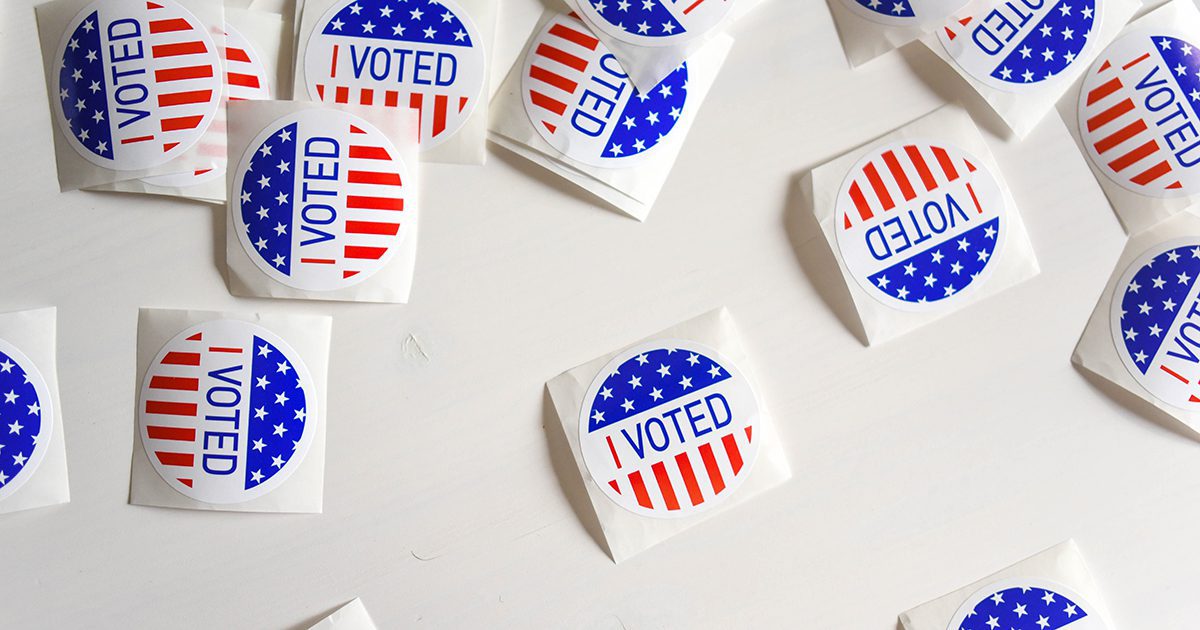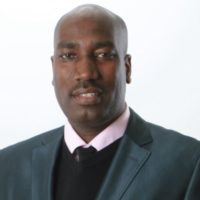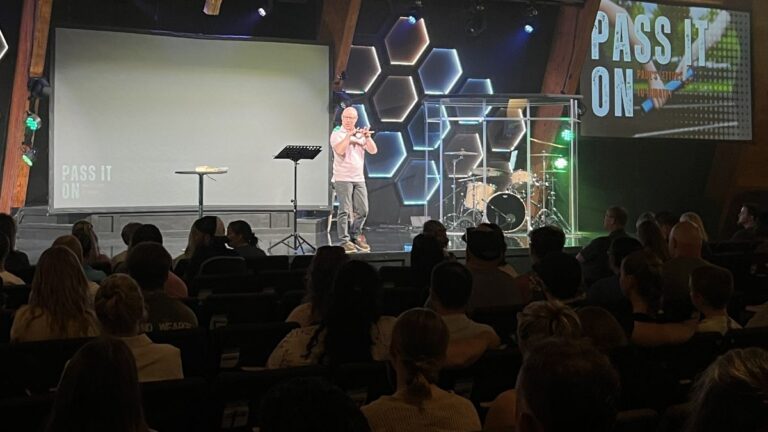The inalienable right extended to all U.S. citizens to vote on critical issues related to their economic, political, and social life, and also help decide who will lead them, is the most beautiful thing about the U.S. democracy. The power entrusted in citizens is something that millions of people around the world living under dictatorial regimes will never experience.
Many people have moved here from different authoritarian countries and become naturalized citizens and therefore are able to vote. However, they come from very different systems, and need education on the workings of the democratic system, so they can learn how to effectively exercise their civic powers and enjoy the same benefits offered by the Constitution as U.S.-born citizens.
The mere fact of being born and raised in the U.S. gives people some understandings that are not apparent to newcomers. For example, U.S.-born and educated citizens know that election day is the final step of a long democratic process that started many months — sometimes even years — prior. They also know that their rights extend beyond voting and casting a ballot. They realize they can initiate or influence public policy through petitions, and by pushing for a citizen’s referendum, which then moves through a process and translates into the policies presented to voters on ballots.
For immigrants, especially those who are new here, the U.S. democratic system is complicated and mysterious. In the 20 years that I have lived in Maine, I have come to realize that for most new citizens, civic engagement is limited to casting a vote on Election Day. They don’t realize they can influence what actually gets on the ballot. And many people feel confusion when they enter the ballot booth and are asked to make decisions about policies and issues they did not expect and know nothing about.
Leopold Ndayisabye became a U.S. citizen in 2018 and participated in an election for the first time in 2020. He remembers that he spent a long time standing in the election booth trying to understand some of the questions on the ballot that first election day. He had to use Google to quickly educate himself, and suggests that immigrants who come to the U.S. from a totally different system need more help understanding questions on the ballot prior to their first election. He said he does not know anywhere in the Westbrook area, where he lives, that offers civic education sessions for new citizens, but thinks they should be offered.
Pious Ali, Mayor Pro Tem and Portland City Councilor At-Large, said he is acutely aware of the need for civic education within the immigrant community. This year’s election is a case in point. There are eight questions on the ballot in Portland — including a citizen’s initiative — which is a lot for newly eligible voters to fully understand. He thinks more educational sessions should be organized, so that elections are accessible and inclusive for new citizens.
In less than one month, Mainers will choose a governor for the next four years. That choice will have a huge impact on the daily lives of all Mainers, impacting everything from who gets healthcare, to how well schools are funded and what number of affordable housing units are built in the state. And many other local, state, and federal officials will be elected as well, all of whom will be more than figureheads, but will enact policy and make decisions that change people’s lives.
My hope is that educational sessions on civic engagement will be organized by community members and organizations to prepare new citizens to be part of the mainstream democratic system. This will ensure elections are not only free — but fair, accessible, and inclusive of all citizens.
This column first appeared in Amjambo Africa, a print and digital publication that serves new immigrants to Maine. It is republished with permission.







